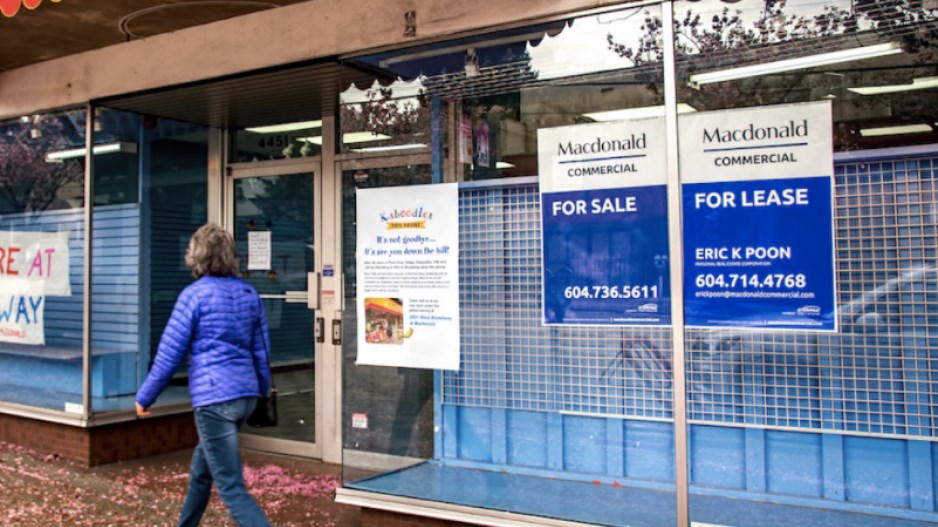In a November 2 announcement, the federal government launched the amended Canada Emergency Rent Subsidy that will provide rent and mortgage-payment assistance to commercial real estate tenants and owners, along with wage assistance measures.
A key change in the commercial rent subsidy is that tenants can apply for the aid directly, without the need for their landlord’s support, as was required under the former Canada Emergency Commercial Rent Assistance.
“These measures are designed to help businesses get through the second wave of the virus so they can protect jobs, continue to serve their communities and be positioned for a strong recovery,” according to a statement from deputy Prime Minister and finance minister Chrystia Freeland, who tabled the legislation.
The business supports include:
- the new Canada Emergency Rent Subsidy, which provides direct access to rent and mortgage interest support to tenants and property owners until June 2021 for qualifying organizations affected by COVID-19. The new rent subsidy would support businesses, charities and non-profits that have suffered a pandemic-induced revenue drop by providing support up to a maximum of 65% of eligible expenses until December 19, 2020. The government is proposing to allow claims retroactively for the period that began September 27 and ended October 24, 2020;
- the new Lockdown Support, which provides an additional 25% to qualifying organizations that had to shut their doors or significantly limit their activities under a public health order. Combined, this would mean that hard-hit businesses subject to a lockdown could receive rent support of up to 90%; and
- the extension of the Canada Emergency Wage Subsidy until June 2021, which remains at the current rate of up to 65% of eligible wages until December 19, 2020.
Ottawa’s previous commercial rent relief program required a buy-in from landlords, but some landlords did not apply for the assistance on behalf of their tenants. The new program provides the subsidy directly to tenants for eligible fixed property expenses, including rent.
As of late October, the Canada Emergency Rent Subsidy had spent $2 billion in support of more than 138,000 small business tenants across the country, according to Friedland’s announcement.




